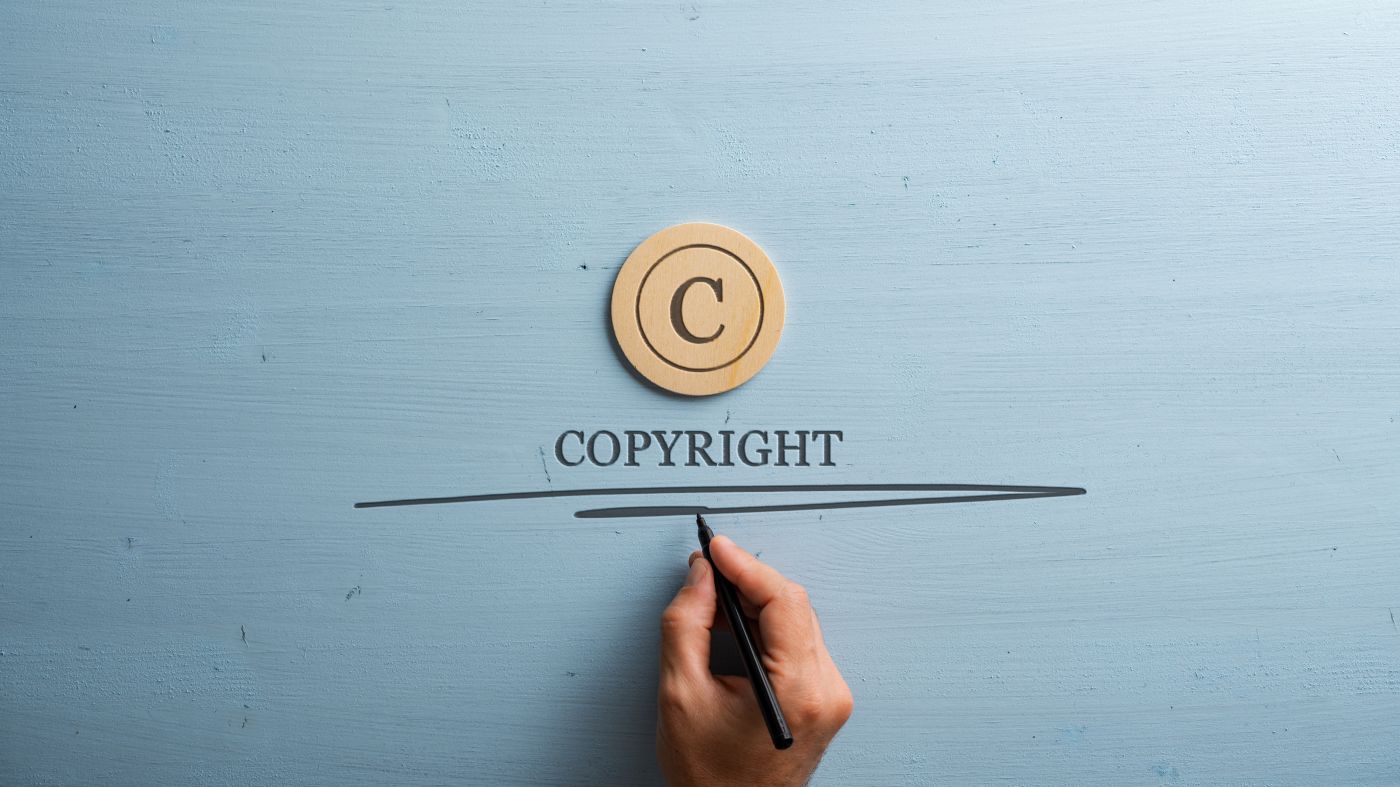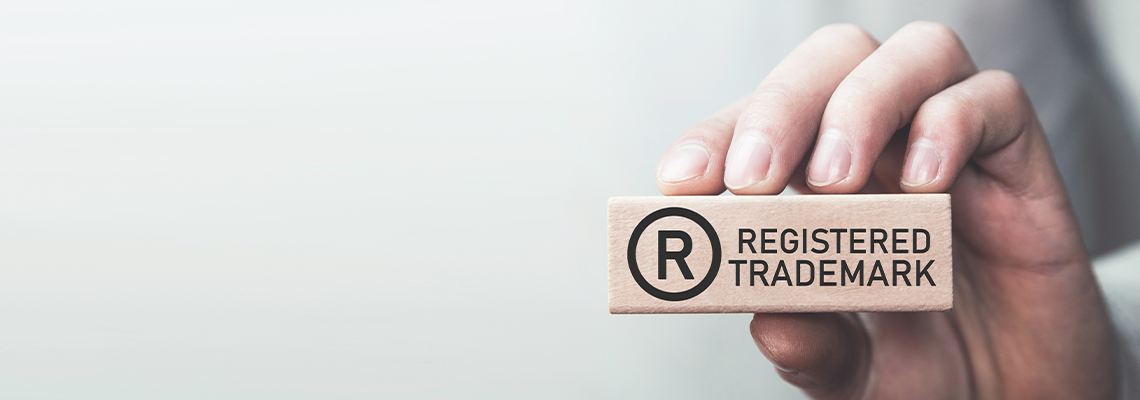
Protecting creative works is essential for individuals and businesses that rely on original content. Copyright law provides legal rights to creators, allowing them to control how their work is used. Understanding these protections and taking the right steps to secure intellectual property can help prevent disputes and financial losses.
At Keough Law, PLLC, we know how tricky copyright law can be. In this article, we’ll look at ways you can safeguard your creative works going forward to avoid complicated disputes down the road.
What Is Copyright Protection?
Copyright protection applies to original works that are fixed in a tangible medium, such as books, music, films, software, and visual art. It grants exclusive rights to reproduce, distribute, display, and perform the work. Unlike other forms of intellectual property, copyright is automatic upon creation, but registration with the U.S. Copyright Office provides additional legal benefits.
Benefits of Registering a Copyright
Although copyright protection exists from the moment a work is created, registration strengthens enforcement options. When a work is registered, the owner has the ability to:
File a lawsuit for infringement
Seek statutory damages and attorney’s fees
Establish a public record of ownership
Provide evidence of ownership in legal disputes
Taking these steps can help prevent unauthorized use and make it easier to address violations.
Steps to Register a Copyright
To register a copyright, we must submit an application to the U.S. Copyright Office. This process involves:
Completing an online or paper application
Paying the required fee
Uploading or mailing a copy of the work
Once the Copyright Office processes the application, it issues a certificate of registration. This document serves as official proof of ownership and strengthens our position in any legal action.
Enforcing Copyright Rights
If someone infringes on a copyrighted work, legal action may be necessary. Copyright holders can send cease-and-desist letters demanding that the unauthorized use stop. If that approach is unsuccessful, litigation may be an option. Courts can order monetary damages and prevent further infringement through injunctions.
Alternative dispute resolution methods, such as mediation or arbitration, may also provide effective solutions. These options can help resolve disputes without the cost and time of a full lawsuit.
Protecting Copyrighted Works Online
Digital content is especially vulnerable to infringement. To safeguard copyrighted materials online, we can:
Use copyright notices on websites and social media
Register works with the U.S. Copyright Office
Monitor for unauthorized use with digital tools
Submit takedown requests under the Digital Millennium Copyright Act (DMCA)
These steps help reduce the risk of unauthorized distribution and provide legal grounds for enforcement.
Copyright and Business Law
Businesses often rely on copyrighted materials for branding, marketing, and product development. Contracts and licensing agreements play a key role in controlling how copyrighted works are used. A well-drafted licensing agreement can specify the scope of use, duration, and payment terms.
In business law, copyright issues frequently arise in employment and independent contractor agreements. Clarifying ownership rights in contracts prevents disputes over intellectual property created within a business relationship. Without clear agreements, ownership may be contested, leading to legal challenges.
Copyright Protection for Small Businesses
Small businesses may face particular challenges in protecting their creative assets. Limited resources can make enforcement more difficult, but taking proactive steps can help. Small business owners should:
Register copyrights for key works
Include copyright clauses in contracts
Monitor for unauthorized use
Take swift action against infringement
By prioritizing copyright protection, small businesses can reduce risks and maintain control over their original content.
Copyright Considerations for Digital Content Creators
Writers, artists, musicians, and other creators who distribute work online must take extra precautions. Online platforms often have their own copyright policies, and creators should review these terms before sharing content. Licensing agreements with third parties should also be carefully analyzed to prevent unintended loss of rights.
Fair use is another important consideration. Some uses of copyrighted material, such as commentary, criticism, and education, may qualify as fair use. However, determining whether a specific use meets the criteria can be challenging, and legal guidance may be needed.
What Are Copyright in Business Transactions?
Business acquisitions, mergers, and licensing deals often involve copyright considerations. When a business purchases another company or its assets, copyright ownership must be clearly identified. Due diligence should include a review of all intellectual property rights to avoid disputes.
Companies entering into licensing agreements should define the terms carefully. Misunderstandings about the scope of use or ownership can lead to costly conflicts. Clearly written agreements help protect the interests of all parties involved.
Copyright Protection and Business Law Compliance
Businesses must also comply with copyright law when using third-party content. Using copyrighted materials without permission can lead to infringement claims. To stay compliant, businesses should:
Obtain proper licenses for images, music, and text
Credit creators when required
Implement policies for employee use of third-party content
By following these practices, businesses can avoid legal disputes while respecting the rights of content creators.
Addressing Copyright Infringement Proactively
Preventing infringement is more effective than responding to violations after they occur. Businesses and individuals should establish clear copyright policies and educate employees on proper usage. Using digital tools to monitor unauthorized use can also help detect potential issues early.
If infringement occurs, responding quickly can prevent further damage. Sending a cease-and-desist letter or filing a DMCA takedown request may resolve the issue without litigation. If these steps do not work, pursuing legal action may be necessary to protect copyright interests.
Copyright Ownership in Work-for-Hire Agreements
Businesses that hire employees or independent contractors to create original works must address copyright ownership in their contracts. Without a clear agreement, ownership may default to the creator rather than the business.
Including copyright assignment clauses in employment agreements makes sure that the business retains control over work created within the scope of employment.
Independent contractor agreements require special attention because copyright ownership does not automatically transfer to the hiring party. The contract must explicitly state that the work is a “work made for hire” or include an assignment clause.
Without these provisions, the contractor may retain the rights to the work, which can lead to disputes over usage and ownership.
Copyright Protection for Software and Digital Products
Software and digital products often contain unique code, user interfaces, and multimedia elements that qualify for copyright protection. Developers and businesses should register copyrights for their software to secure ownership rights. In addition, using licensing agreements to control distribution and modification of software can help prevent unauthorized use.
Open-source software also presents copyright considerations. While open-source licenses allow for redistribution and modification, businesses must carefully review the terms of these licenses to avoid unintended legal obligations.
Misusing open-source components can lead to compliance issues that may affect the business’s ability to protect its proprietary software.
The Impact of Copyright on Marketing and Advertising
Marketing materials, advertisements, and social media content often contain copyrighted elements, including text, images, and music. Businesses must obtain the necessary rights before using third-party content in promotional materials. Failure to do so can lead to copyright infringement claims that may result in financial penalties or legal action.
To avoid these risks, businesses should use original content or secure proper licensing for any third-party materials. Including copyright disclaimers in marketing content can also help clarify ownership and usage rights. By taking these steps, businesses can protect their creative assets while reducing legal risks.
Call Keough Law, PLLC Today to Get Started
Copyright protection plays a critical role in safeguarding creative works and maintaining control over intellectual property. If you’re looking for assistance with copyright law in Orlando, Florida, or Orange County, Osceola County, Hillsboro County, and Pinellas County, Florida, call us at Keough Law, PLLC today for more information.



